
OR
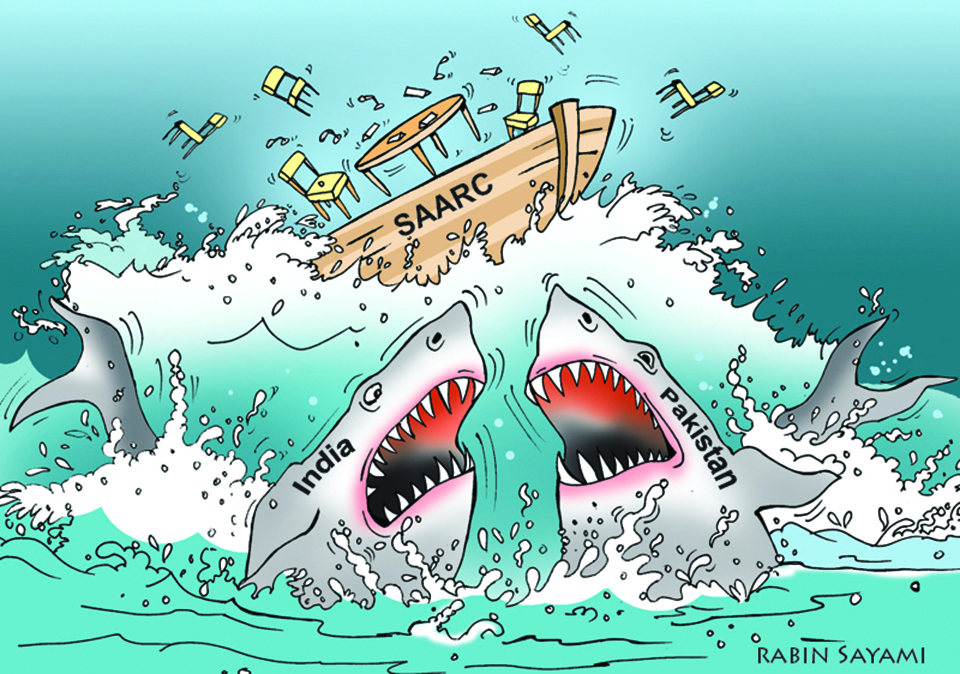

Praman Adhikari
The author is associated with People’s SAARC and South Asia Alliance for Poverty Eradication (SAAPE) Secretariat. Views are personalnews@myrepublica.com
More from Author
The role, scope and importance of SAARC should not be compromised just because of conflict between India and Pakistan
During his speech at Bharatiya Janata Party (BJP) conclave held in September 2016 in India, Indian Prime Minister Narendra Modi challenged Pakistan to make war against poverty, unemployment, illiteracy and infant and maternal deaths and show that Pakistan can beat all of them before India. He said “let both countries fight to see who would eradicate poverty first… I want to tell the youth of Pakistan, let’s have a war on ending unemployment… I want to call out to the children in Pakistan, let’s declare war on illiteracy. Let’s see who wins. Let’s declare war on infant mortality and maternal deaths.” These deliberations came after the terrorist attack near Uri in the Indian state of Jammu and Kashmir which claimed lives of 14 soldiers and four attackers.
Despite his challenge, the reform that he had promised has not happened in his own country. The unemployment rate in India rose to 7.2 percent in February 2019, which is highest since September 2016, and up from 5.9 percent in February 2018, according to data published by Centre for Monitoring Indian Economy (CMIE). Similarly, there is huge income inequality. Top one percent of Indian population owns 73 percent of the country’s wealth, according to the Oxfam report.
The relation between India and Pakistan has further deteriorated after the terrorist attack in Pulwama district of Jammu and Kashmir on February 14. Even after the peace gesture shown by Pakistan by repatriating the Indian Air Force (IAF) pilot, Modi government is provoking people by undermining the positive developments. Anti-Pakistani image and provocations are helpful to grab the nationalist feeling of the majority of Indians which BJP is doing for the sake of winning the upcoming elections.
Collateral damage
The bilateral relationship between India and Pakistan has always been a decisive factor in the future of South Asian Association for Regional Cooperation (SAARC). Established in 1985 with an objective to enhance the regional cooperation and to promote socio-economic development in the region, SAARC is now at the brink of extinction after thirty-three years of its existence. Though SAARC has a distinct value and importance for the people of South Asia due to their commonness in many aspects of their lives, the interest of various member states often makes it hard for the regional organization to sustain. The 19th SAARC Summit, which was supposed to be held in the capital city of Pakistan, Islamabad, was postponed due to India’s boycott, and four other countries expressing inability to join the summit.
Every country should strive for prosperity and growth but the policy that India is taking to isolate Pakistan from every regional initiative seems to be counter-productive to promote the regional peace and integrity in the South Asia. Being the largest country in terms of geography, population and economy, India has a very important role in promoting peace and harmony in the region. Despite these expected roles, India has shown unwillingness to become the savior of SAARC which makes the South Asian people often worried amidst hope for regional peace, progress and prosperity.
The trade and transit embargo imposed by India on Nepal in 2015 put three million Nepali children under five at the risk of death due to a shortage of food, fuel and medicine. India’s reluctance to provide additional air entry points to Nepal could create problems in operation of under-construction regional and international airports in Nepal. Nepal has been denied water as per the Mahakali Treaty. These are the examples of how the economy of small land-locked countries can be jeopardized by acts of an emerging economy like India.
Common platform
SAARC is important to promote equitable growth of every member states in the region as it discusses and agrees on common benefits. As bilateral issues are not discussed in the SAARC forum, India and Pakistan can settle their differences through peaceful dialogue to promote peace and security in the region. By and large, the role, scope and importance of SAARC should not be compromised because of the conflict between the countries as it carries the aspiration of people of the region.
Increasing presence of China in most of South Asian countries such as Pakistan, Sri Lanka and the Maldives has alarmed India to act indifferently as it wants to minimize China’s engagements in the region. The instability and the rise of religious fundamentalism in South Asia are also a matter of major concern for China. Except for India, none of the countries of South Asia have shown unwillingness to join China’s Belt and Road Initiative (BRI). Hence, in terms of economic opportunities and strategic direction, China is massively increasing its investment and cooperation strategies in South Asian countries. Though China, an observer member of SAARC since 2005, wants to get full membership of SAARC, India does not entertain this idea.
It is clear that India is preventing revival of SAARC process. As the chair of SAARC, Nepal has been trying to create a favorable environment to organize 19th SAARC Summit during various formal and informal meetings with the heads of the states. This is good. But Nepal should go an extra mile. It should propose that 19th summit will be held in Kathmandu. Alternatively, it can propose Sri Lanka, which is scheduled to hold the summit after Pakistan. In that case, India might not get an excuse to hold SAARC process hostage.
The author is associated with People’s SAARC and South Asia Alliance for Poverty Eradication (SAAPE) Secretariat. Views are personal
praman.adhikari@gmail.com
You May Like This
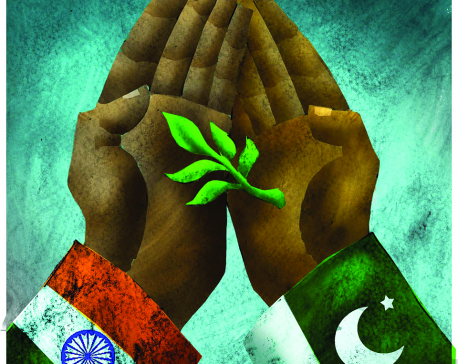
Bringing peace in Kashmir
India and Pakistan should engage in dialogue with or without external mediation to find lasting solution of Kashmir problem ... Read More...
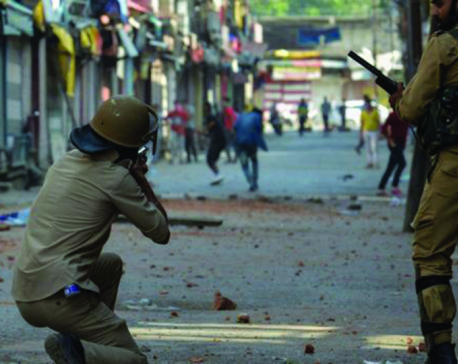
Kashmir will rise
Abrogation of Article 370 marks the dawn of real politics in Kashmir. In the new era, Kashmiris can enjoy free... Read More...
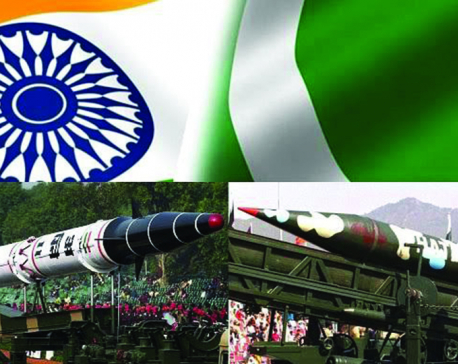
Under nuclear shadow
Unless Kashmir issue is amicably settled, South Asia will continue to remain under a looming shadow of nuclear war ... Read More...



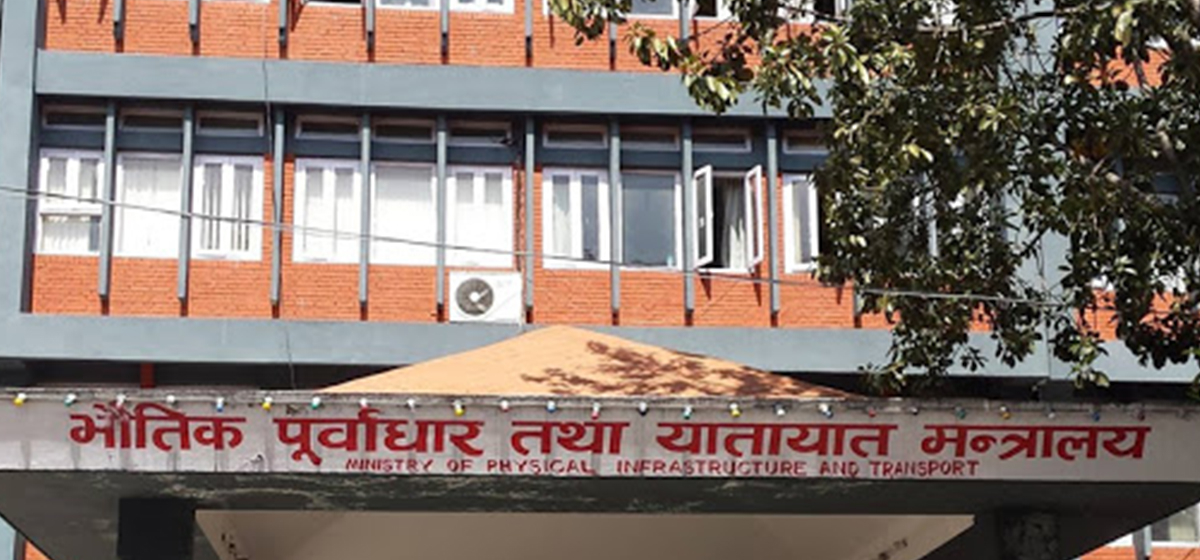






Just In
- MoPIT prepares draft of National Road Safety Act, proposes rescue within an hour of an accident
- Light rainfall likely in hilly areas of Koshi, Bagmati, Gandaki and Karnali provinces
- Customs revenue collection surpasses target at Tatopani border, Falls behind at Rasuwagadhi border in Q3
- Rain shocks: On the monsoon in 2024
- Govt receives 1,658 proposals for startup loans; Minimum of 50 points required for eligibility
- Unified Socialist leader Sodari appointed Sudurpaschim CM
- One Nepali dies in UAE flood
- Madhesh Province CM Yadav expands cabinet









Leave A Comment